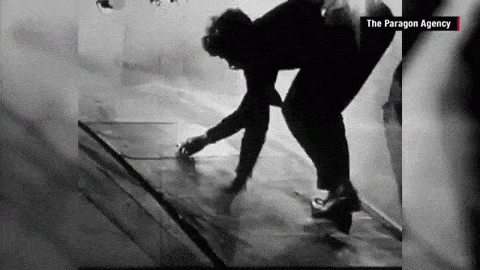President Obama’s rhetoric about history in his eulogy at the funeral of the Rev. Clementa Pinckney at the College of Charleston’s campus.
Reverend Pinckney once said, “Across the south, we have a deep appreciation of history. We haven’t always had a deep appreciation of each other’s history.”
What is true in the south is true for America. Clem understood that justice grows out of recognition of ourselves in each other; that my liberty depends on you being free, too.
That — that history can’t be a sword to justify injustice or a shield against progress. It must be a manual for how to avoid repeating the mistakes of the past, how to break the cycle, a roadway toward a better world. He knew that the path of grace involves an open mind. But more importantly, an open heart.
Source: Transcript: Obama delivers eulogy for Charleston pastor, the Rev. Clementa Pinckney


